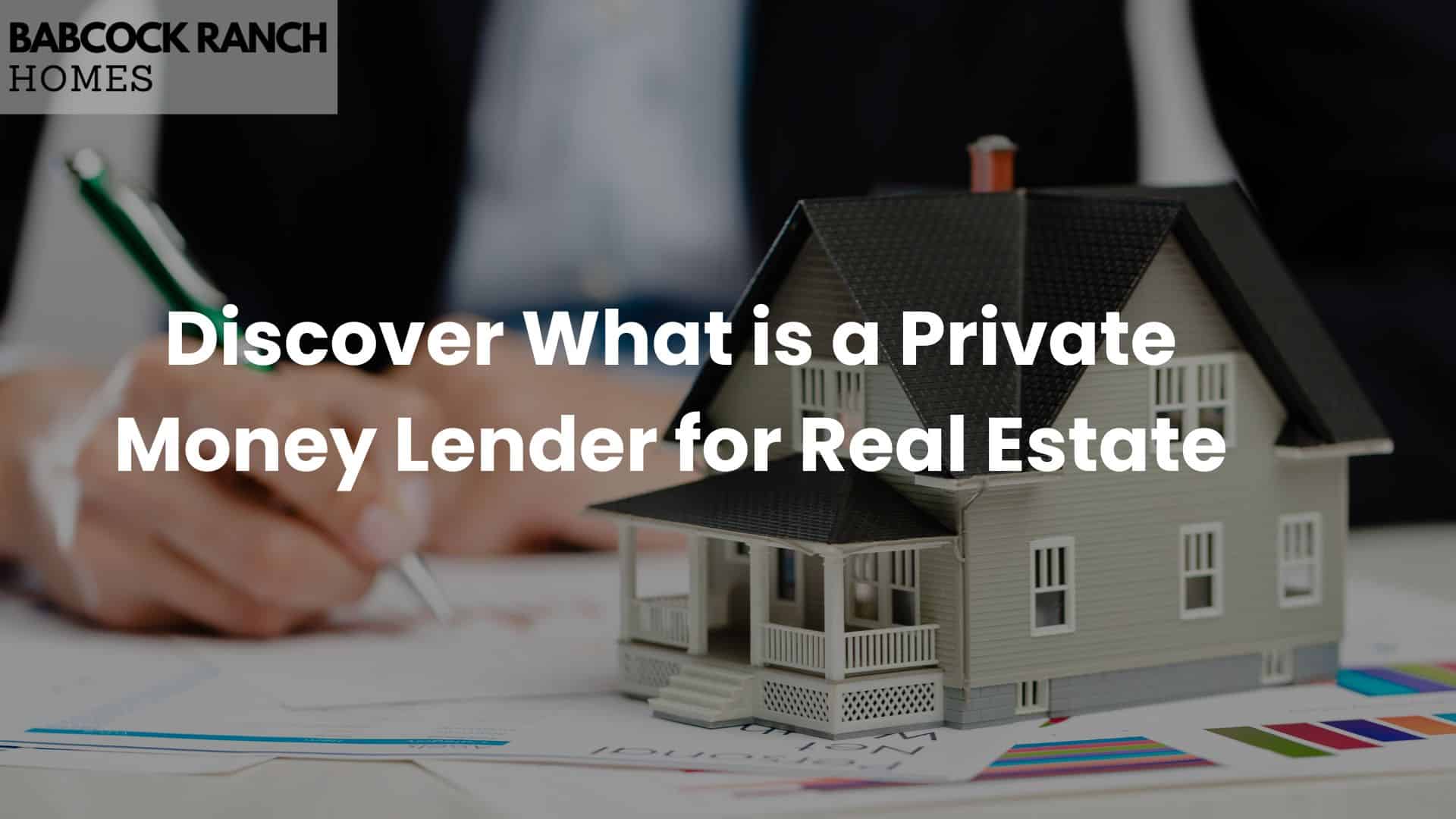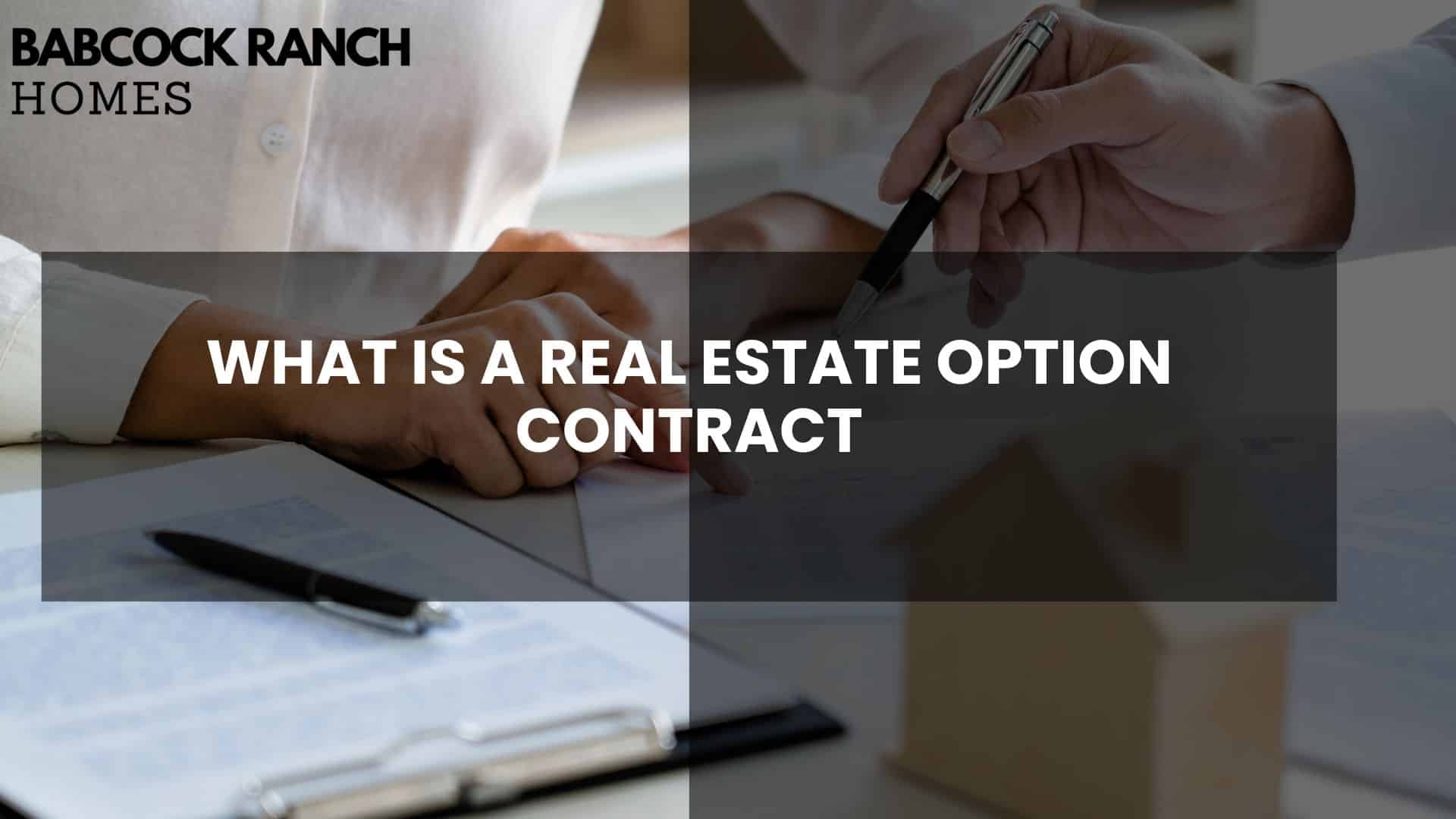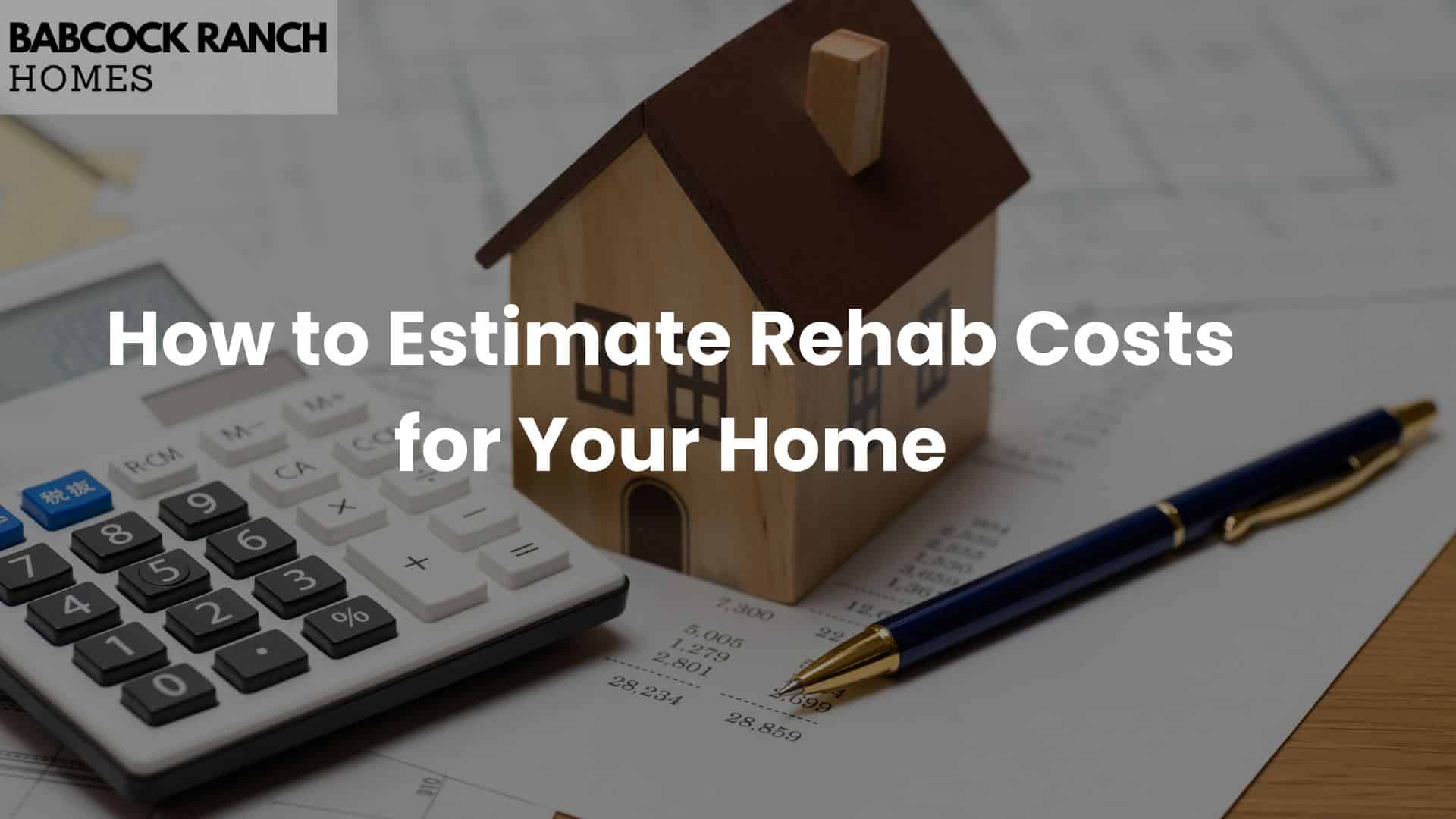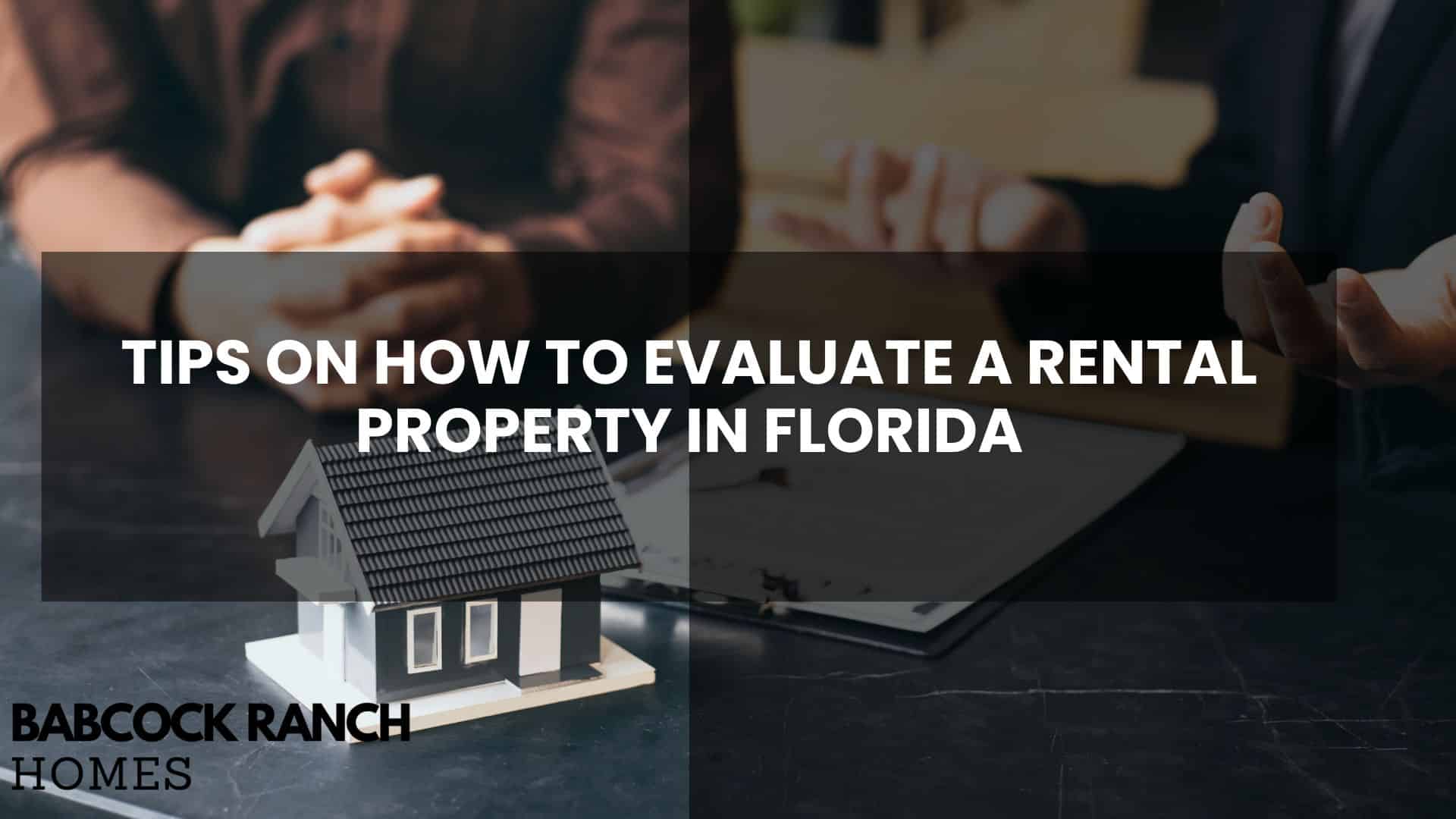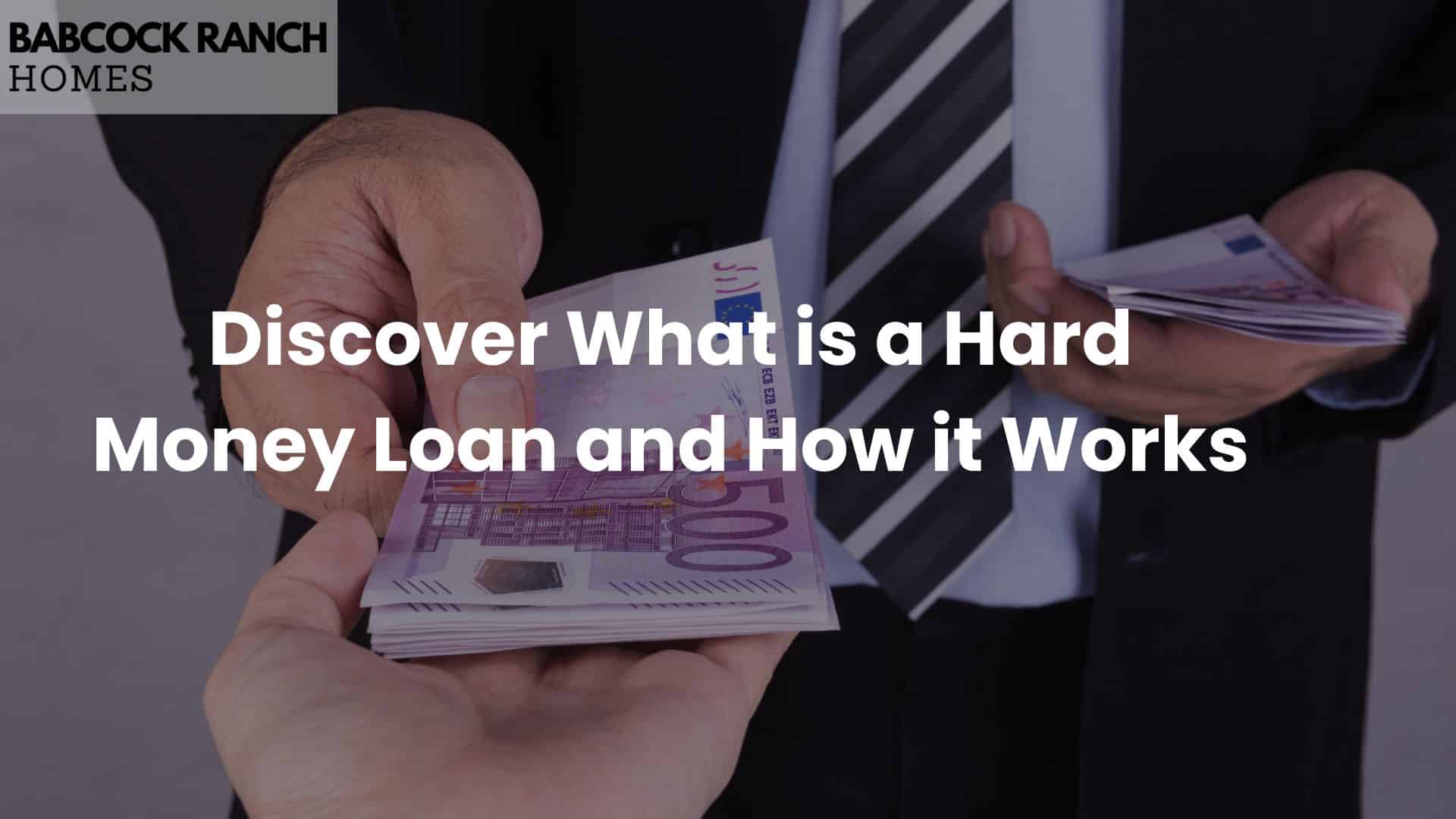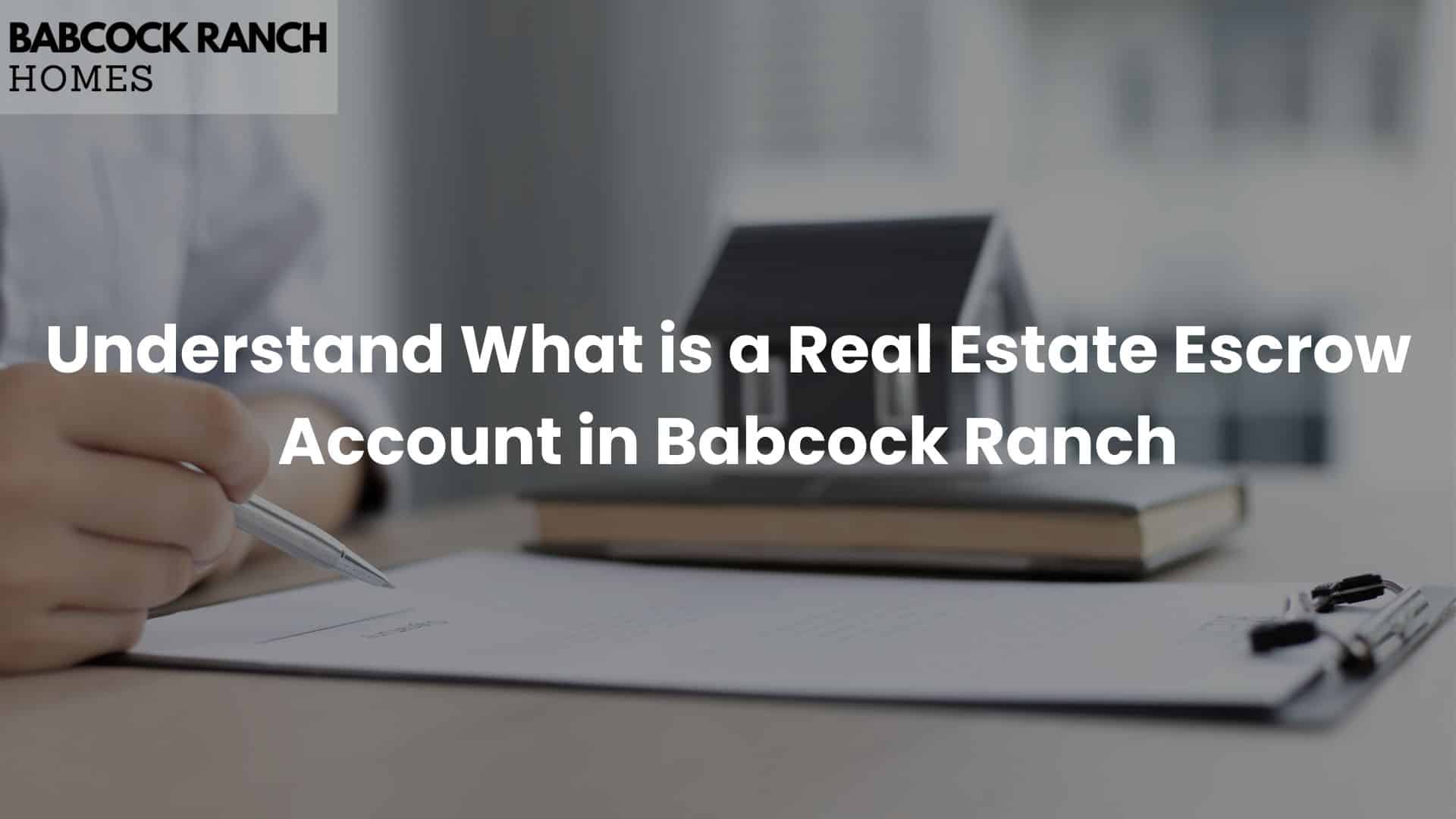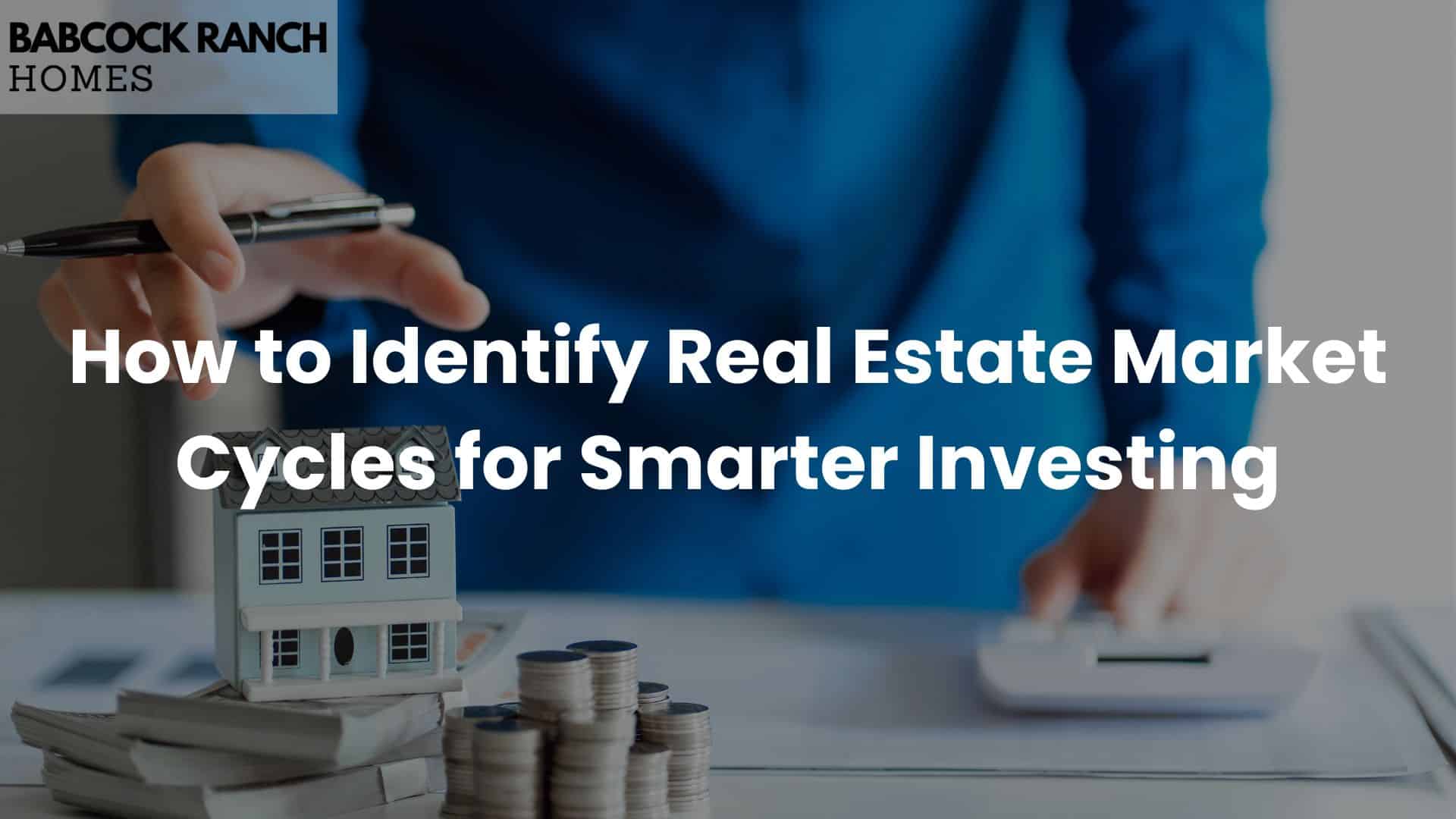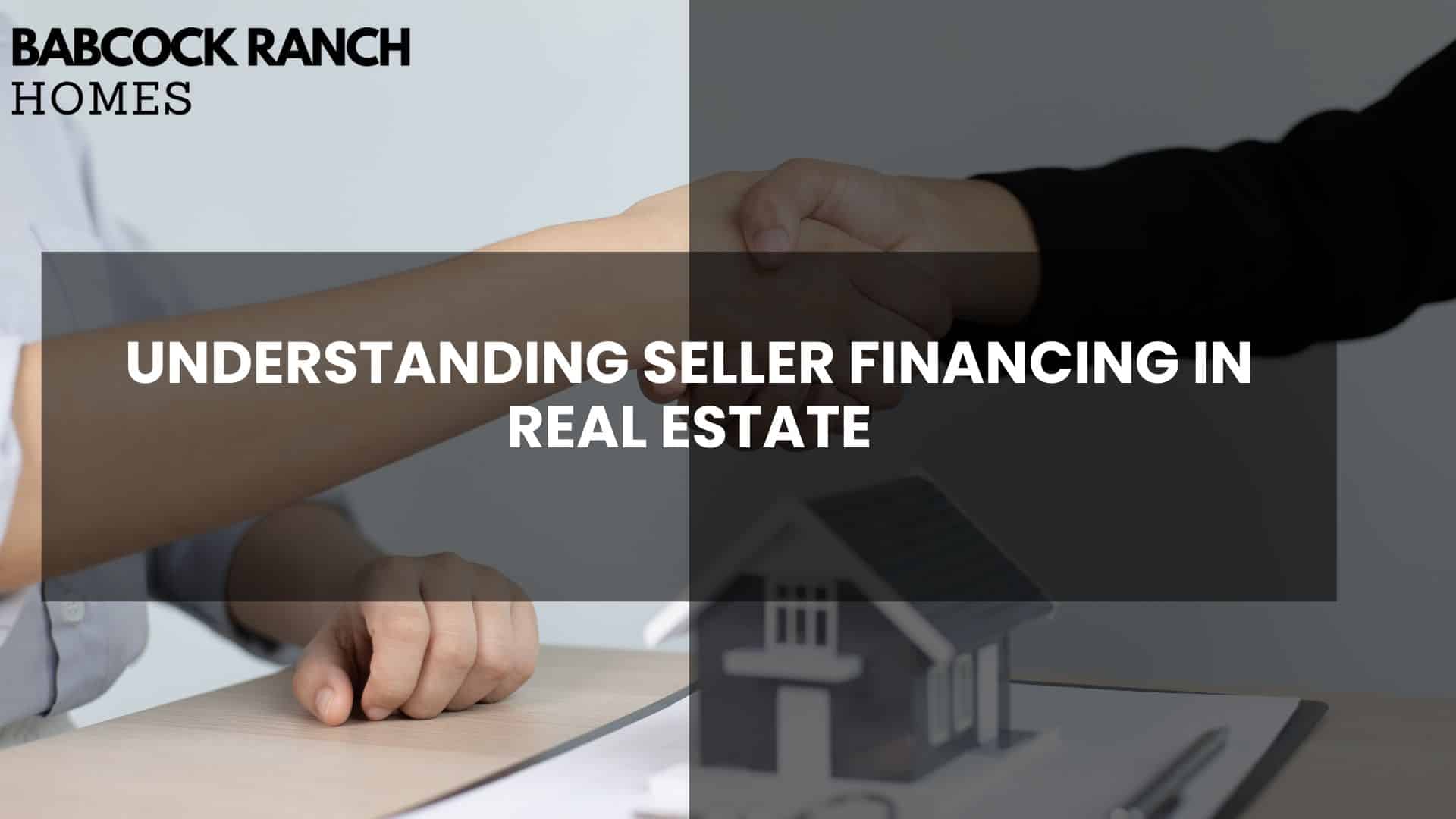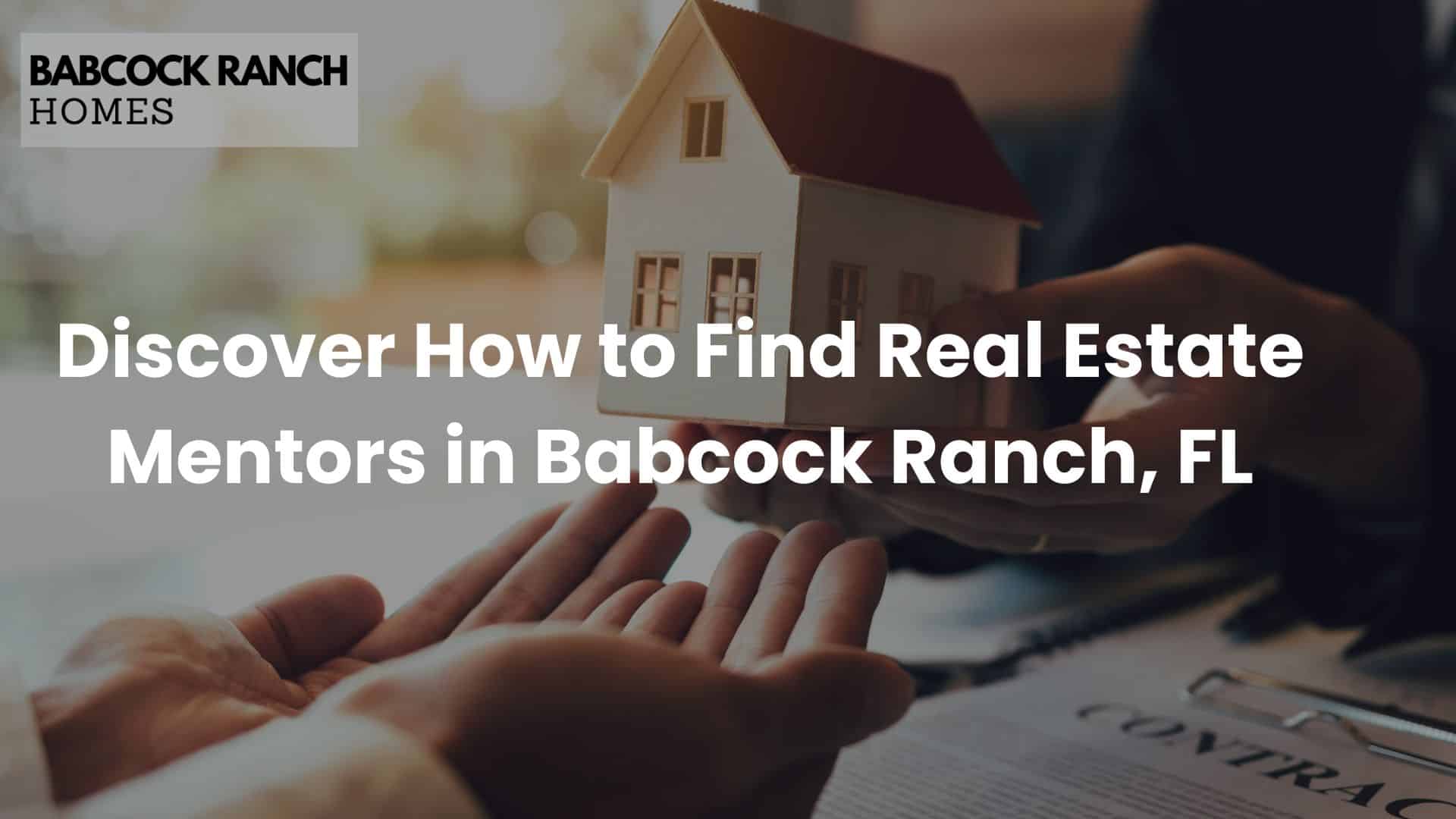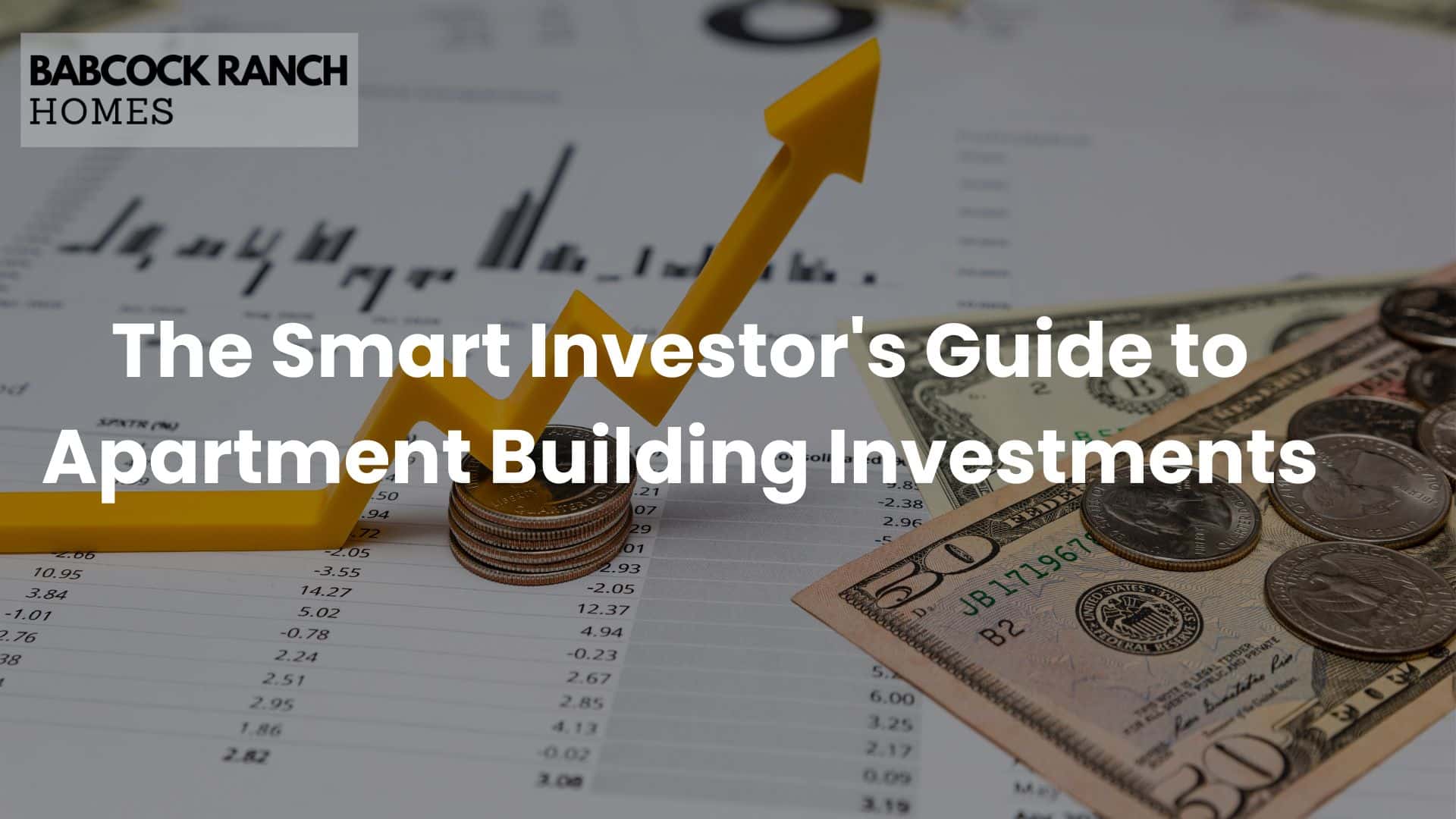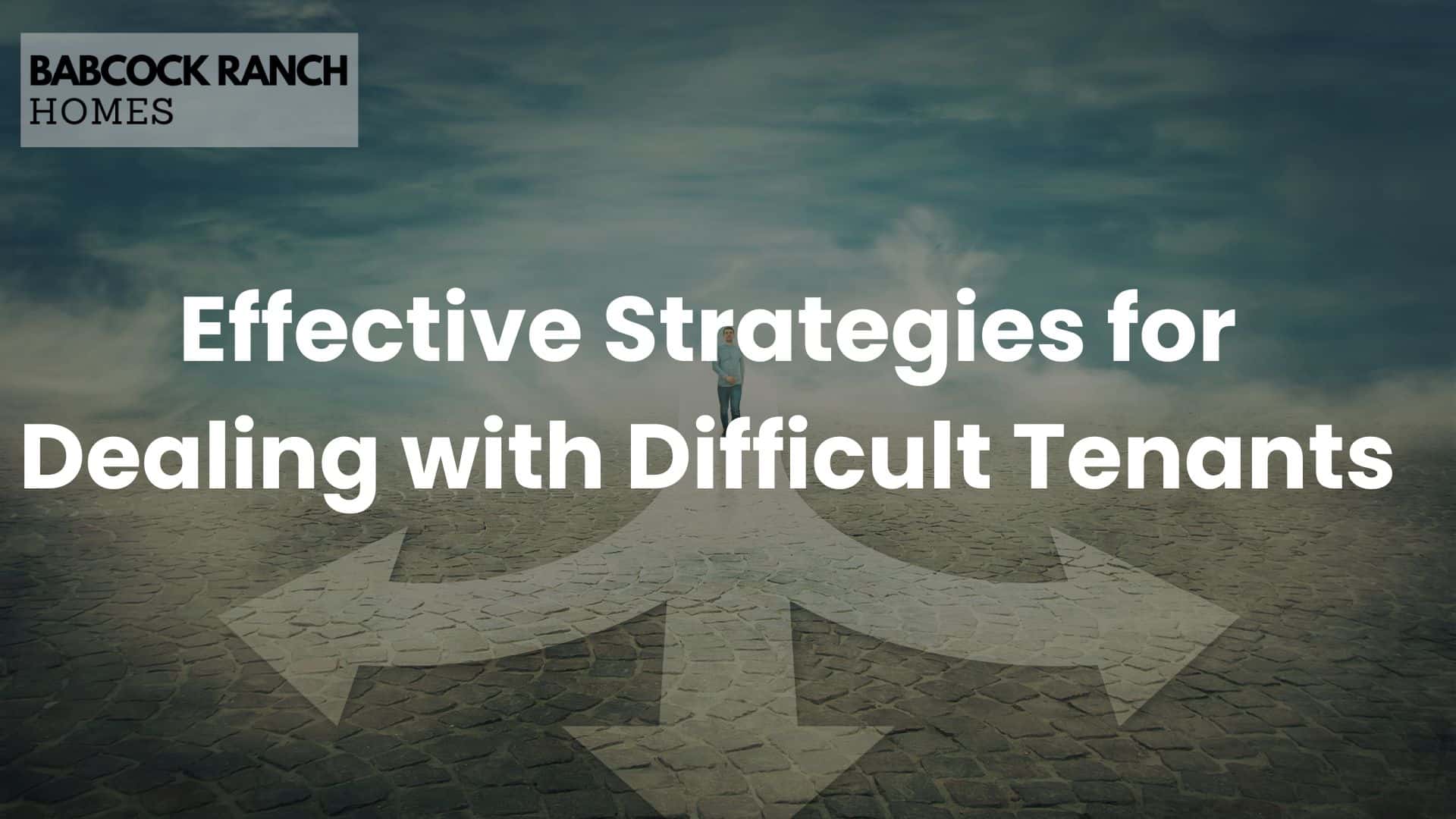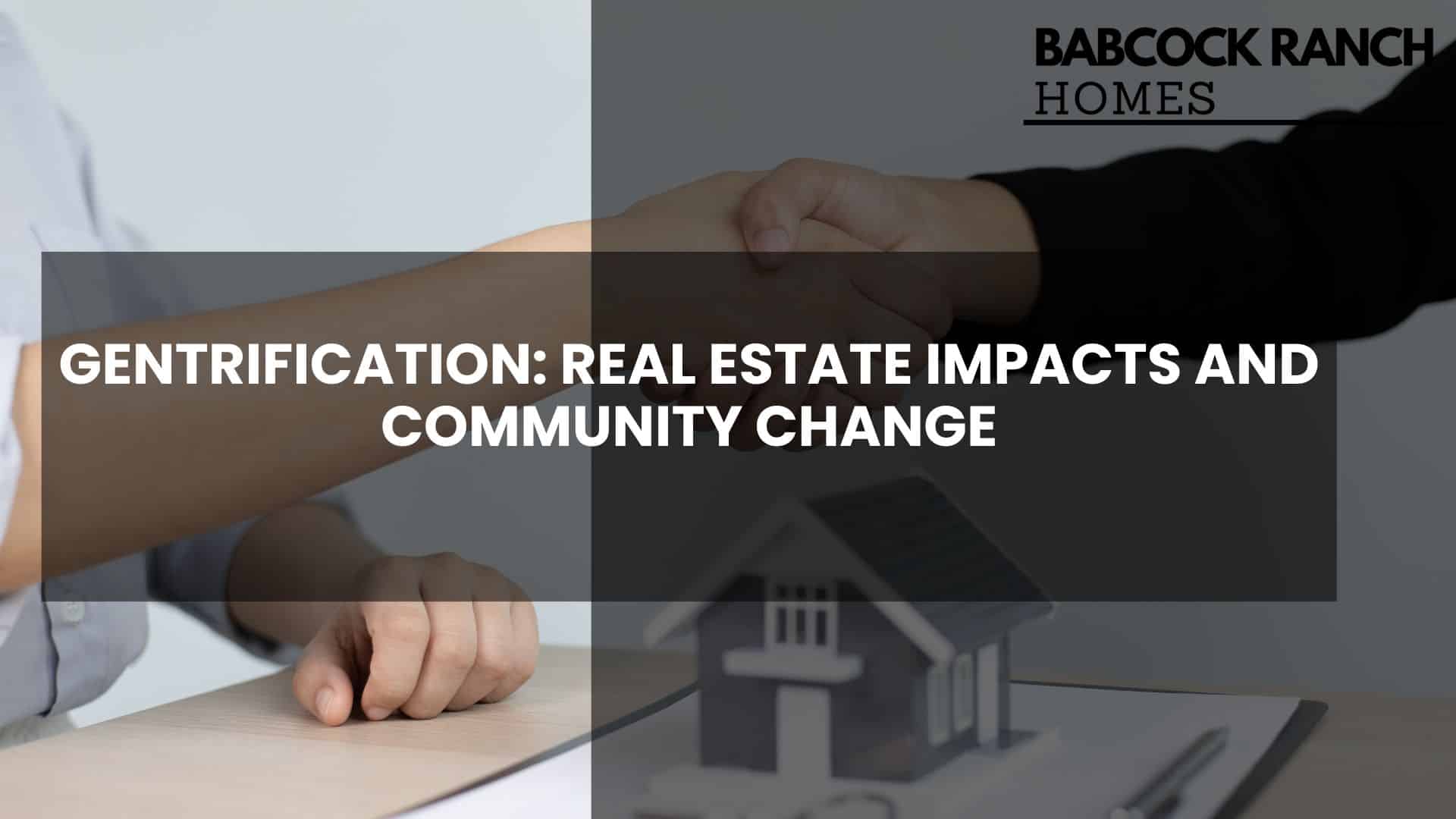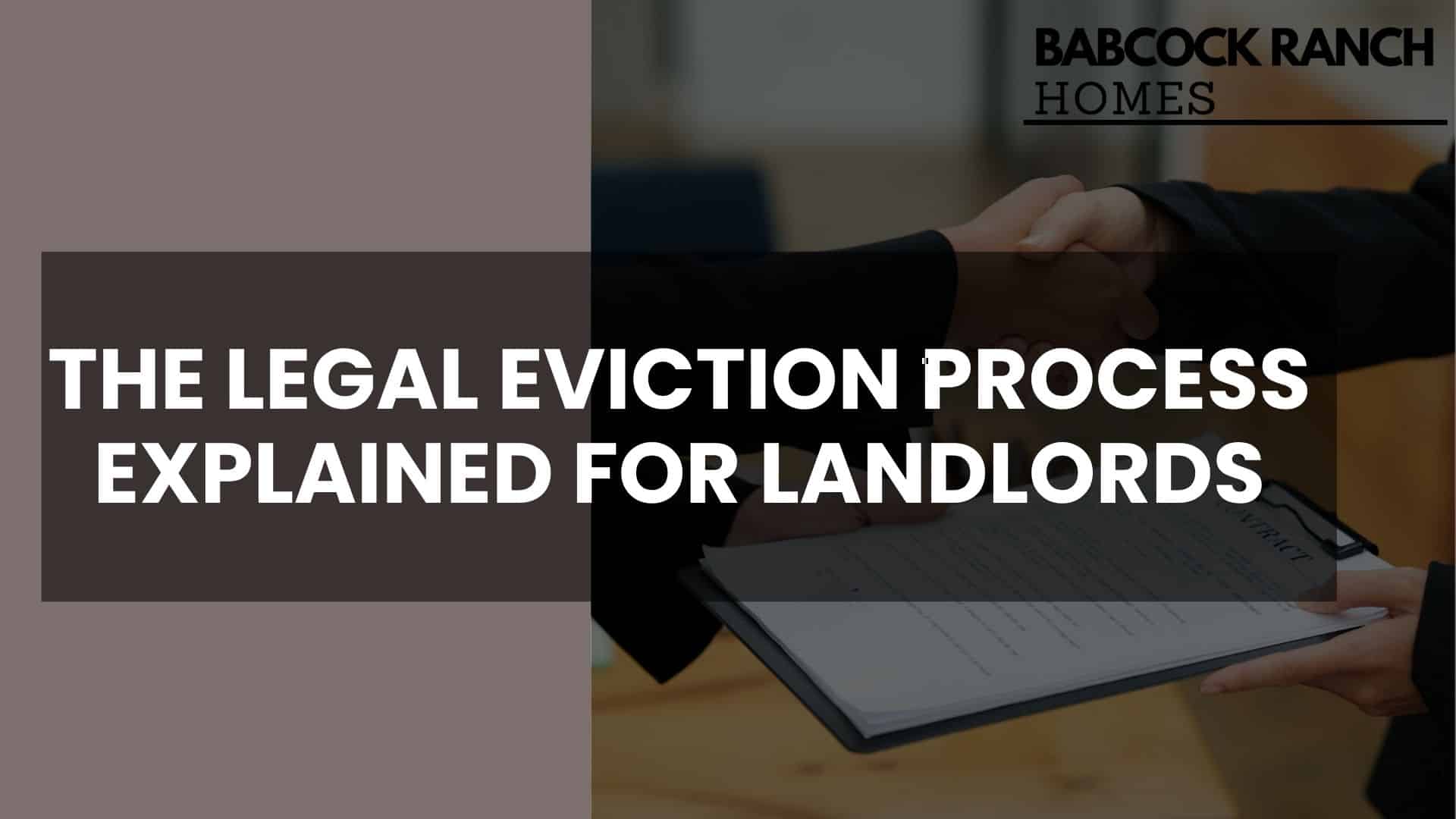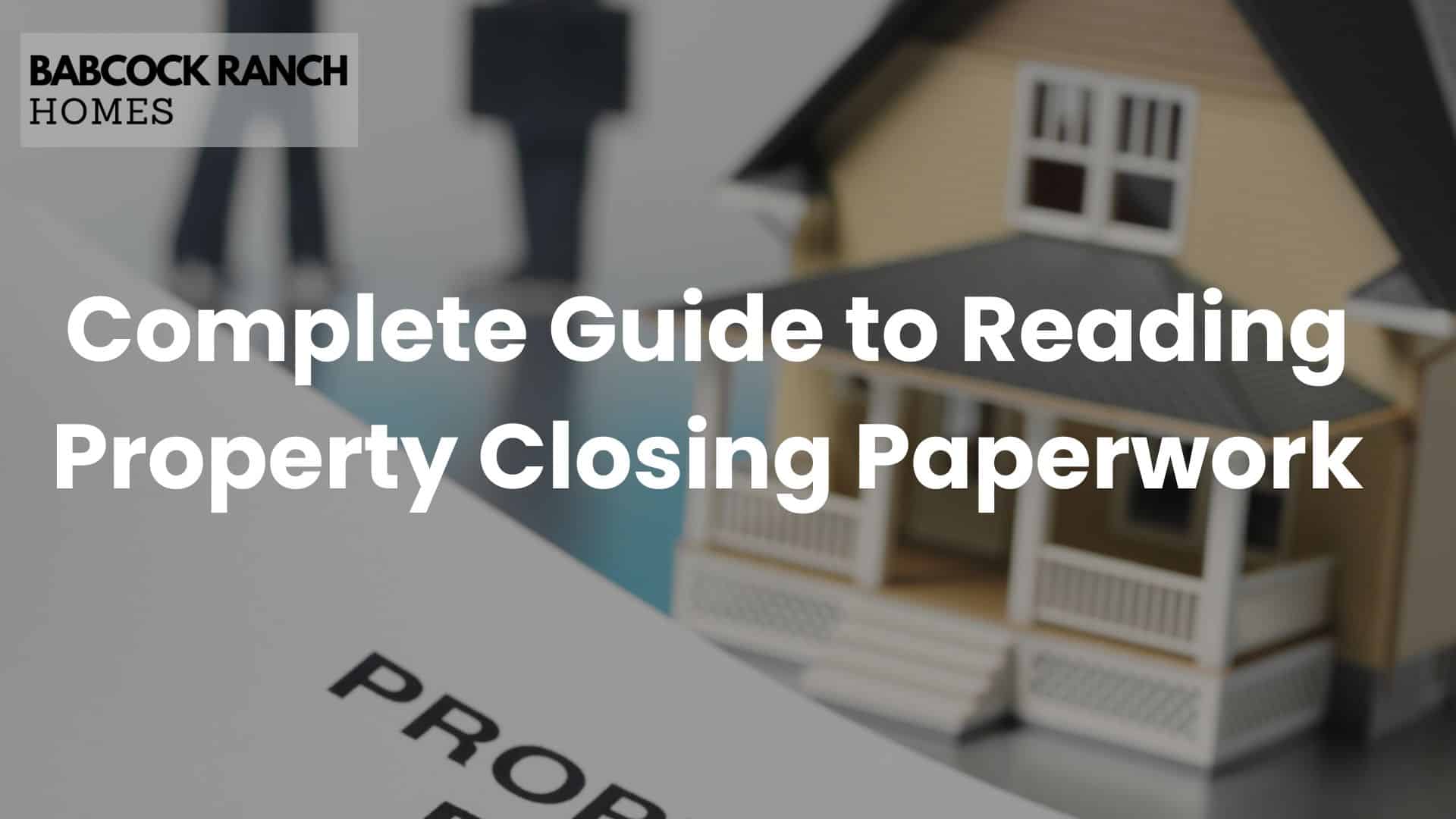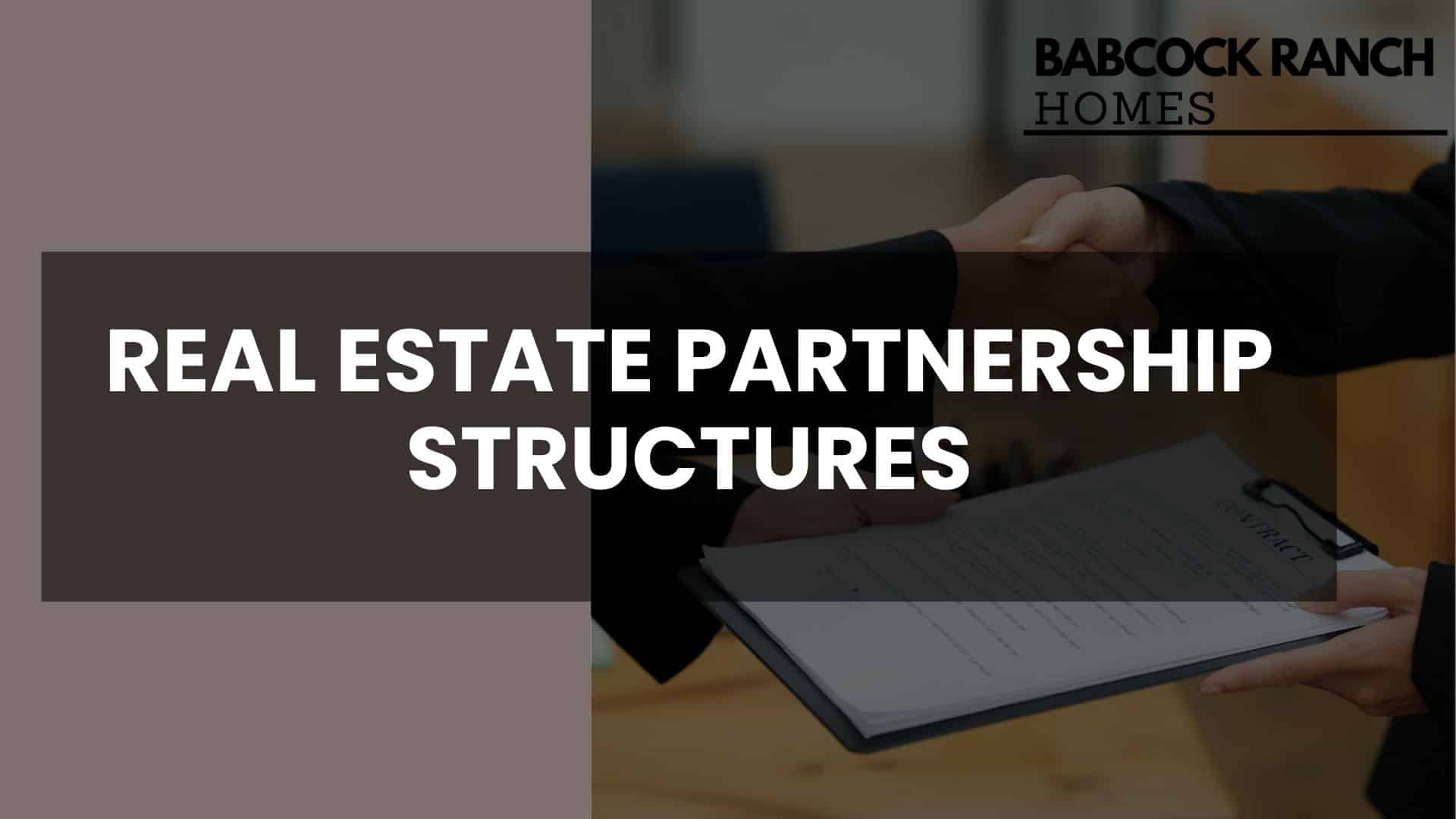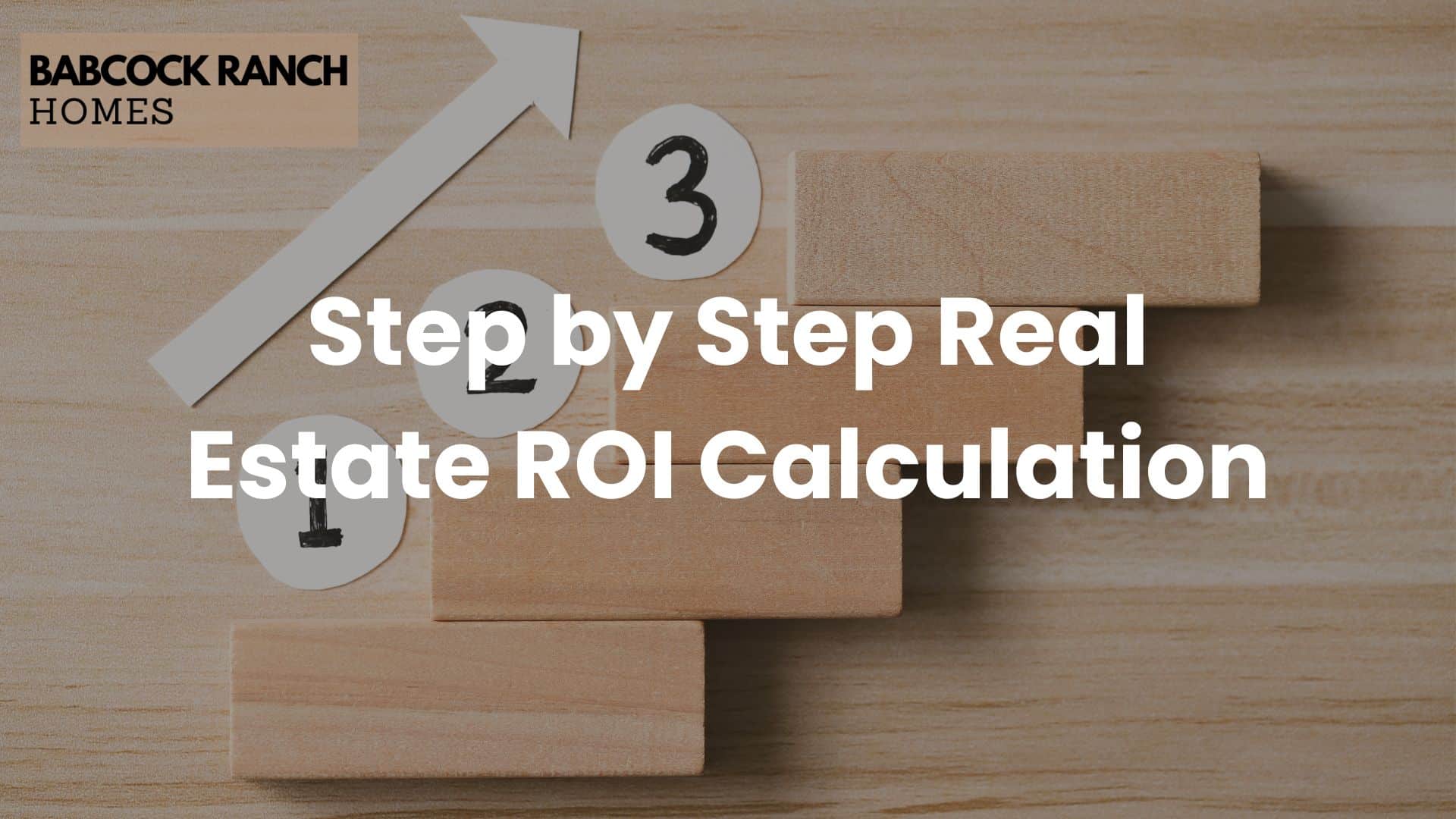Are you dreaming of owning a home but struggling with saving for a down payment? This guide will show you how to purchase your dream home with zero down payment. We’ll explore government-backed loan programs, down payment assistance options, and creative financing solutions. You’ll learn about mortgage loans that require no money down and how to prepare yourself financially for this type of home buying. By the end, you’ll have a clear understanding of how to navigate the home buying process without a traditional down payment.
Key Takeaways
- Zero down payment options can make homeownership accessible for those with limited savings
- Government-backed loans like VA and USDA offer 100% financing for eligible buyers
- Down payment assistance programs and employer benefits can help cover upfront costs
- Creative financing solutions include seller financing, lease-to-own agreements, and using gift funds
- Improving credit scores and managing debt-to-income ratios are crucial for securing favorable loan terms
Understanding Zero Down Payment Home Buying
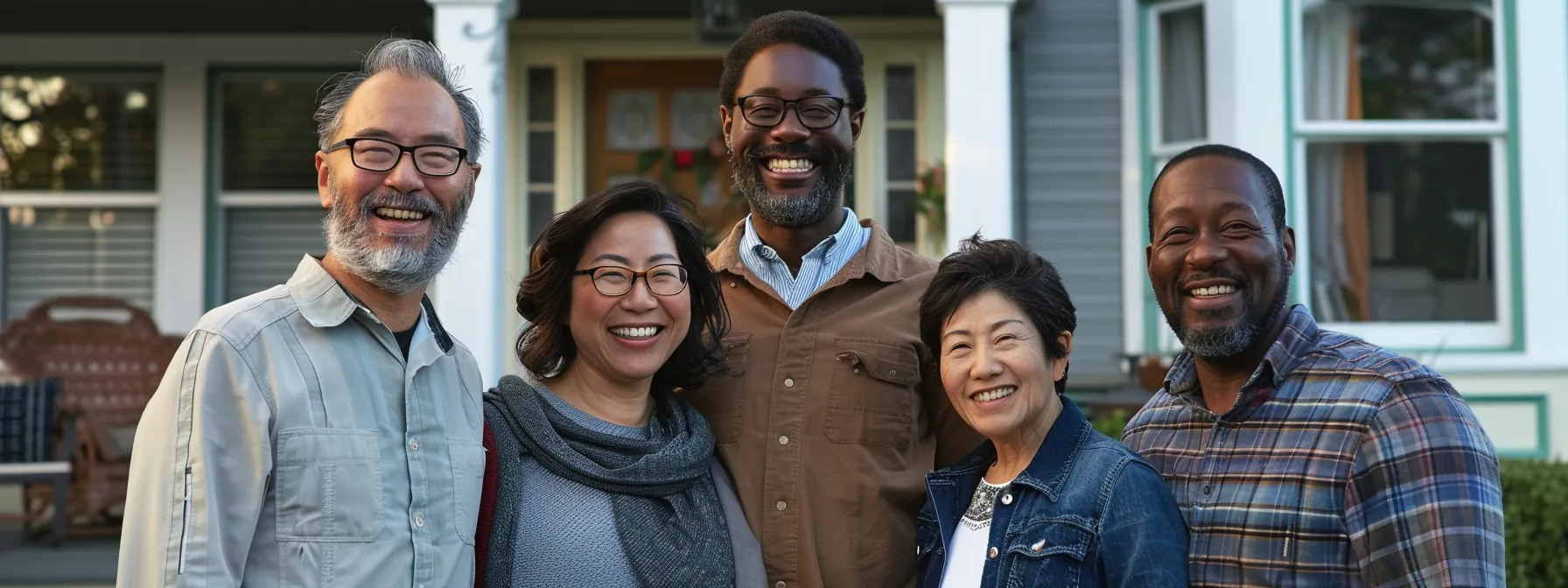
Zero down payment home buying offers a path to homeownership for those with limited savings. This section explores what zero down payment means for buyers, its benefits and considerations, and who qualifies for these options. Understanding these aspects is crucial for potential homeowners in the United States, including those facing foreclosure or with disabilities, looking to build equity without initial capital.
What Does Zero Down Payment Mean for Homebuyers?
Zero down payment means homebuyers can purchase a property without providing an initial down payment, typically ranging from 3% to 20% of the home’s value. This option, supported by programs from the National Association of Realtors and other organizations, allows individuals with limited savings to enter the real estate market. While it reduces the upfront costs, buyers should consider the impact on their monthly payments and overall loan terms. Real estate agents in states like New Jersey can guide potential homeowners through these programs, helping them understand how their income and lease history might affect their eligibility.
Benefits and Considerations of Purchasing Without a Down Payment
Zero down payment home purchases offer immediate homeownership but require careful consideration. While eliminating the need for upfront savings, buyers face higher monthly payments and potentially stricter underwriting criteria. Lenders may scrutinize the borrower’s gross income more closely, often requiring a higher percentage to qualify. This financing option can accelerate the path to building equity, but it may result in paying more interest over the loan’s lifetime. Prospective buyers should weigh these factors against their long-term financial goals and ability to manage increased monthly obligations.
Who Qualifies for Zero Down Payment Options?
Qualification for zero down payment options varies depending on the program and lender. Typically, borrowers need a good credit score, stable income, and a debt-to-income ratio within acceptable limits. Some programs cater to specific groups, such as veterans, rural residents, or first-time homebuyers. Lenders may consider alternative forms of credit, like consistent rent or utility payments, for those without traditional credit histories. While these options eliminate the need for a down payment, buyers should be prepared for potential requirements such as mortgage insurance or higher interest rates to offset the lender’s increased risk.
Government-Backed Loan Programs Offering Zero Down Payment

Government-backed loan programs offer viable zero down payment options for homebuyers. This section explores VA loans’ eligibility criteria, USDA loans for rural home purchases, and compares their benefits. These programs, including VA loans and USDA loans, provide alternatives to traditional financing methods like hard money loans or seller financing, enabling buyers to purchase homes with no money down.
Eligibility Criteria for VA Loans
VA loans offer eligible veterans and active-duty service members a path to homeownership with no down payment required. Applicants must meet specific service requirements, possess a valid Certificate of Eligibility, and maintain a satisfactory credit history. While VA loans don’t have a minimum credit score requirement, lenders like Rocket Mortgage often set their own standards. These loans typically come with lower costs compared to conventional mortgages and don’t require private mortgage insurance, making them an attractive option for those wondering how to buy a house with no down payment.
How USDA Loans Facilitate Rural Home Purchases
USDA loans provide a valuable funding option for home buyers seeking to purchase properties in eligible rural areas. These loans offer 100% financing, eliminating the need for a down payment and making homeownership more accessible. To qualify, applicants must meet specific income limits and debt-to-income ratio requirements, which vary by location. The USDA program not only facilitates home purchases but also supports rural development by encouraging buyers to invest in less densely populated areas.
Comparing VA and USDA Loan Benefits
VA and USDA loans offer distinct benefits for home buyers seeking zero down payment options. VA loans, backed by Fannie Mae, provide flexible credit requirements and no private mortgage insurance, making them ideal for veterans and active-duty service members. USDA loans cater to buyers in rural areas, offering competitive interest rates and the potential for 100% financing. Both programs help individuals wondering how to buy a house with no money down by eliminating the need for a savings account dedicated to a down payment. Home buyers should compare these options based on their eligibility, location preferences, and long-term financial goals:
| Loan Type | Eligible Buyers | Location Restrictions | Down Payment | Mortgage Insurance |
|---|---|---|---|---|
| VA Loan | Veterans, Active-duty Service Members | None | 0% | Not Required |
| USDA Loan | Low to Moderate Income Buyers | Rural Areas Only | 0% | Required |
Exploring Down Payment Assistance Programs

Down payment assistance programs offer valuable support for homebuyers seeking zero down payment options. This section explores local and state assistance programs, grant application processes, and employer-sponsored housing benefits. Understanding these resources can help buyers navigate the real estate market, potentially securing lower interest rates and favorable terms from credit unions or the United States Department of Agriculture. Estate agents often guide clients through these options to facilitate homeownership.
How to Find Local and State Assistance Programs
Local and state assistance programs offer valuable resources for homebuyers seeking zero down payment options. Prospective buyers can start by contacting their state’s housing finance agency or visiting the HUD website to explore available programs. These initiatives often provide grants, low-interest loans, or tax credits to help with the expense of homeownership. Buyers interested in rural areas may find additional support through USDA programs, which can facilitate investment in less populated regions. Financial wellness counselors or real estate professionals can guide applicants through the process, helping them identify opportunities for passive income and long-term financial stability. The following table outlines common types of assistance programs:
| Program Type | Description | Typical Benefits |
|---|---|---|
| State Housing Grants | Financial assistance from state governments | Down payment grants, closing cost assistance |
| First-Time Homebuyer Programs | Targeted support for new homeowners | Low-interest loans, tax credits |
| Community Development Programs | Local initiatives to promote homeownership | Forgivable loans, property tax abatements |
Navigating Grant Applications for Homeownership
Navigating grant applications for homeownership requires diligence and attention to detail. Applicants should gather necessary documentation, including proof of employment, credit reports, and tax returns, to streamline the process. Many assistance programs offer alternatives to traditional down payments, such as cash out refinancing options, which can help buyers answer the question, “How can I buy a home with no money down?” Prospective homeowners should research eligibility criteria, deadlines, and application procedures for each grant opportunity to maximize their chances of approval.
Utilizing Employer-Sponsored Housing Benefits
Employer-sponsored housing benefits offer a valuable pathway to homeownership for employees seeking zero down payment options. These programs can include home equity loans, personal finance assistance, or help with student loan repayment to facilitate home purchases. Some employers provide direct financial assistance for down payments or closing fees, while others offer homebuyer education programs. Employees should inquire about these benefits with their human resources department, as they may receive gifts or grants that can significantly reduce the upfront costs of buying a home:
- Direct financial assistance for down payments
- Low-interest home equity loans
- Student loan repayment programs
- Homebuyer education and counseling
- Closing cost assistance
Creative Financing Solutions to Buy Your Dream Home
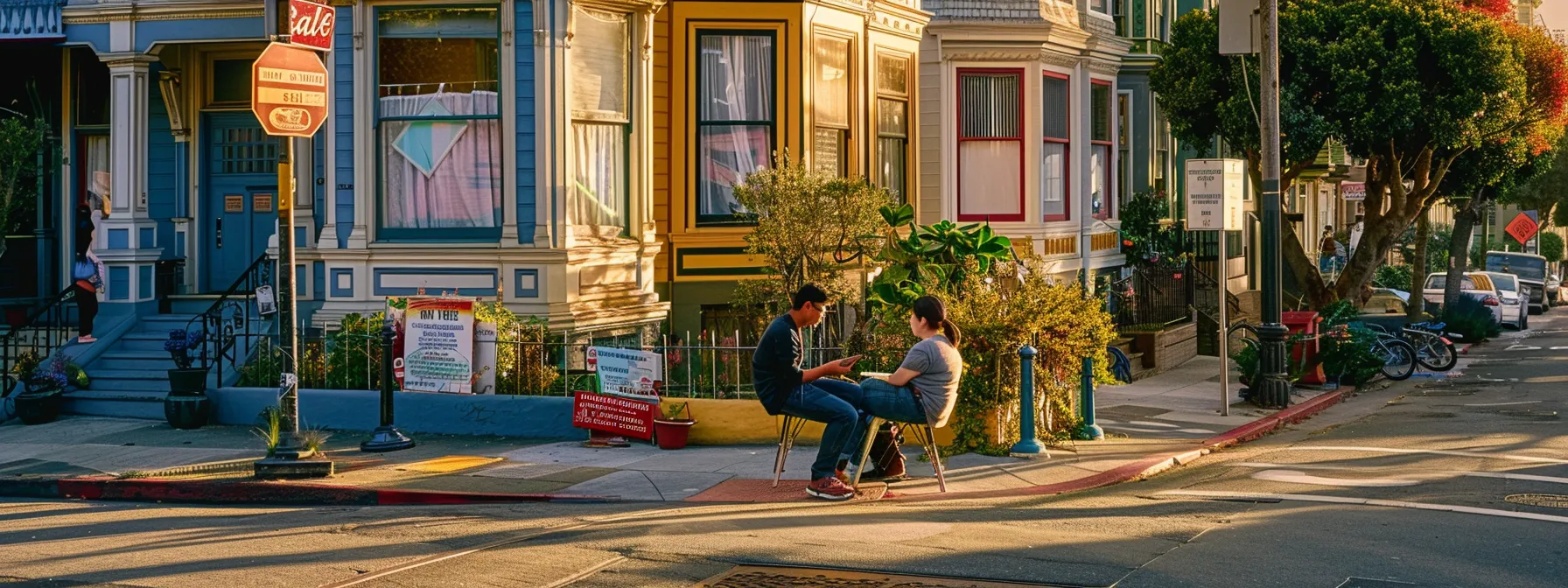
Creative financing solutions offer alternative paths to homeownership for those with limited budgets or credit challenges. This section explores seller financing opportunities, lease-to-own agreements, and using gift funds for home purchases. These strategies can help buyers overcome traditional mortgage lending barriers, potentially enabling the purchase of properties like duplexes without a substantial down payment.
Leveraging Seller Financing Opportunities
Seller financing presents a viable option for buyers seeking zero down payment opportunities. In this arrangement, the property owner acts as the lender, allowing buyers to purchase the home at market value without involving traditional mortgage institutions. This creative financing solution can benefit those with limited credit options or those seeking to consolidate debt. Buyers should negotiate favorable terms, including interest rates and repayment schedules, to ensure the agreement aligns with their financial goals and provides a clear path to building equity in the asset.
Benefits of Lease-to-Own Agreements
Lease-to-own agreements offer a viable path to homeownership for individuals wondering how to buy a house without a down payment. These arrangements allow potential buyers to rent a property with the option to purchase it later, typically applying a portion of their rent towards the home’s purchase price. This approach can benefit those with less-than-perfect credit or limited savings, as it provides time to improve their credit score and financial situation before applying for a mortgage. Lease-to-own agreements also allow buyers to lock in a purchase price, potentially saving money if property values increase during the lease period.
Using Gift Funds Toward Home Purchase
Using gift funds can be an effective strategy for homebuyers seeking zero down payment options. Freddie Mac and other lenders often allow borrowers to use gifted money for down payments or closing costs, provided the funds are properly documented. Prospective homeowners should consult a lawyer to ensure compliance with gift fund regulations and avoid potential issues with their home loan application. While gift funds cannot be used for a second mortgage or reverse mortgage, they can significantly reduce the upfront costs of purchasing a primary residence:
- Verify lender’s gift fund policies
- Obtain proper documentation from gift providers
- Ensure gifts are from acceptable sources (e.g., family members)
- Consult with a tax professional regarding potential tax implications
- Consider combining gift funds with other financing options for optimal results
Preparing Yourself Financially for Zero Down Payment Mortgages
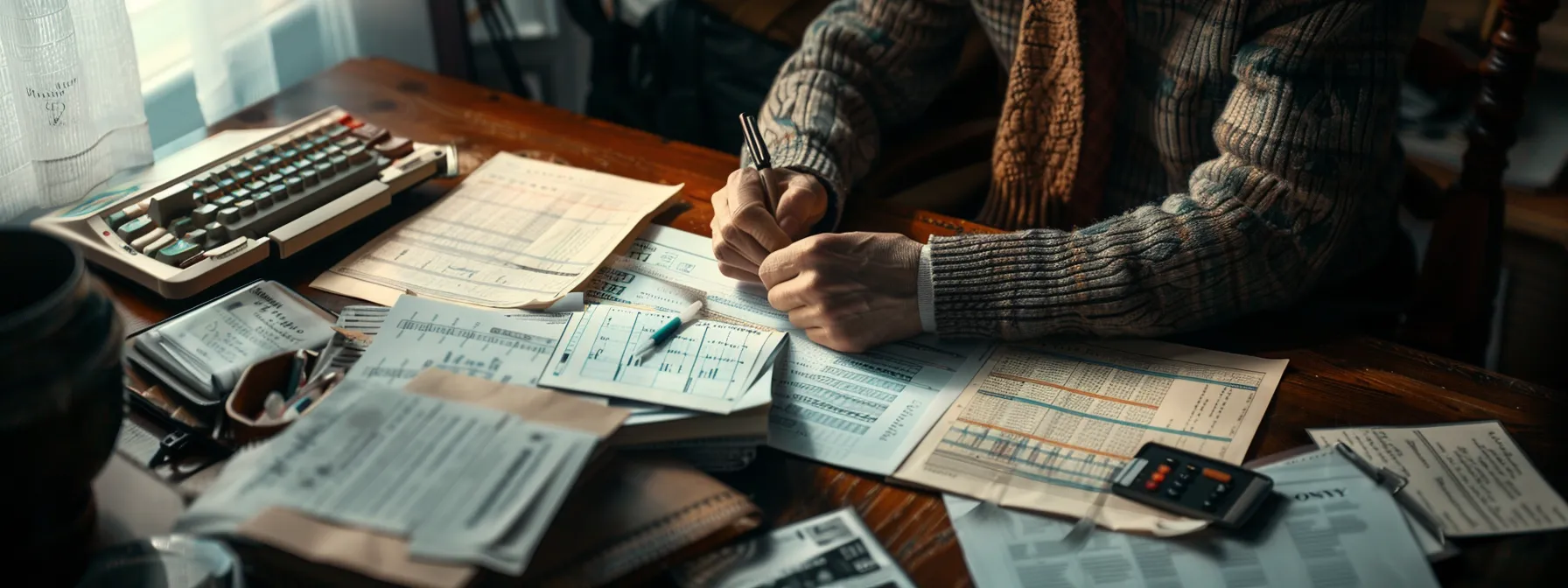
Preparing for zero down payment mortgages requires financial diligence. Improving credit scores can lead to better loan terms, while managing debt-to-income ratios effectively reduces risk. Documenting stable income and employment history is crucial for loan approval. These steps are essential for navigating home loan options, including those from the Federal Housing Administration, and may impact future refinancing opportunities in real estate investing.
Improving Your Credit Score for Better Loan Terms
Improving credit scores is crucial for securing better loan terms in zero down payment mortgages. Borrowers should focus on paying bills on time, reducing credit card balances, and avoiding new credit applications. A higher credit score can lead to lower interest rates and reduced mortgage insurance premiums, potentially saving thousands over the loan’s lifetime. Loan officers often advise clients to address any defaults or negative items on their credit report before applying for a mortgage, as these can significantly impact loan approval and terms. Borrowers should also maintain a low credit utilization ratio and ensure their credit report accurately reflects their financial history:
| Credit Score Range | Impact on Loan Terms | Potential Benefits |
|---|---|---|
| 750+ | Excellent | Lowest interest rates, reduced mortgage insurance |
| 700-749 | Good | Competitive rates, standard mortgage insurance |
| 650-699 | Fair | Higher rates, increased insurance premiums |
| Below 650 | Poor | Highest rates, may require additional collateral |
Managing Debt-to-Income Ratio Effectively
Managing debt-to-income ratio effectively is crucial for prospective homebuyers seeking zero down payment options. Lenders typically prefer a debt-to-income ratio below 43%, calculated by dividing monthly debt payments by gross monthly income. To improve this ratio, borrowers should focus on reducing existing debts, increasing income, or considering a bridge loan to consolidate high-interest debts. Those currently renting can demonstrate their ability to manage housing costs, potentially strengthening their application for a no down payment home purchase. By lowering their debt-to-income ratio, buyers may qualify for better interest rates and loan terms, making the question “How can you buy a house with no down payment?” more attainable.
Documenting Stable Income and Employment History
Documenting stable income and employment history plays a crucial role in securing a zero down payment mortgage. Lenders require proof of consistent earnings to ensure borrowers can meet monthly payments and generate profit from the property. Veterans may need to provide additional documentation, such as their DD-214 form, to qualify for VA loans. Prospective homebuyers should gather at least two years of tax returns, W-2 forms, and recent pay stubs to demonstrate financial stability. Self-employed individuals or those with variable income may need to supply contracts or business financial statements to verify their earning potential.
Navigating the Home Buying Process With No Money Down

Navigating the home buying process with no money down requires careful planning and expert guidance. This section explores getting pre-approved for a zero down payment mortgage, selecting the right real estate agent, and closing the deal without a down payment. Understanding these steps can enable buyers to secure their dream home at the right price, ensuring the bottom line aligns with their financial goals.
Getting Pre-Approved for a Zero Down Payment Mortgage
Getting pre-approved for a zero down payment mortgage is a crucial first step in the home buying process. Prospective buyers should gather necessary financial documents, including income statements, tax returns, and bank statements, before approaching lenders. The pre-approval process involves a thorough credit check and financial assessment, which helps determine the loan amount and terms a buyer may qualify for. This step provides buyers with a clear understanding of their budget and strengthens their position when making offers on homes:
- Collect financial documents
- Submit pre-approval application to lenders
- Undergo credit check and financial assessment
- Receive pre-approval letter with loan terms
- Use pre-approval to set realistic home search parameters
Selecting the Right Real Estate Agent for Your Needs
Selecting the right real estate agent is crucial when navigating a zero down payment home purchase. Buyers should seek agents experienced in government-backed loan programs and down payment assistance options. An effective agent will understand local market conditions, have connections with lenders familiar with zero down payment mortgages, and possess negotiation skills to secure favorable terms. Prospective homeowners should interview multiple agents, inquire about their experience with similar transactions, and verify their credentials before making a selection:
- Evaluate agents’ experience with zero down payment programs
- Check references and past client reviews
- Assess knowledge of local market and financing options
- Ensure clear communication and responsiveness
- Confirm understanding of specific buyer needs and budget constraints
Closing the Deal on Your Dream Home Without a Down Payment
Closing the deal on a dream home without a down payment requires careful coordination and attention to detail. Buyers must work closely with their real estate agent and lender to ensure all necessary documents are in order, including proof of income, employment verification, and any required certificates for specific loan programs. The closing process typically involves a final walk-through of the property, reviewing and signing loan documents, and transferring funds. Buyers should be prepared for closing costs, which may be rolled into the loan or negotiated with the seller. A thorough understanding of the terms and conditions of the zero down payment loan is crucial before signing:
- Complete final property inspection
- Review and sign all loan documents
- Confirm funds transfer and loan disbursement
- Obtain keys and take possession of the property
- File all necessary paperwork with local authorities
Conclusion
Purchasing a home with zero down payment offers a viable path to homeownership for those with limited savings. Government-backed loan programs, down payment assistance options, and creative financing solutions provide diverse opportunities for prospective buyers to achieve their dream of owning a home. Properly preparing finances, including improving credit scores and managing debt-to-income ratios, is crucial for securing favorable loan terms and navigating the home buying process successfully. By leveraging these strategies and working with experienced professionals, individuals can overcome financial barriers and unlock the door to their ideal home, turning the dream of homeownership into a tangible reality.

